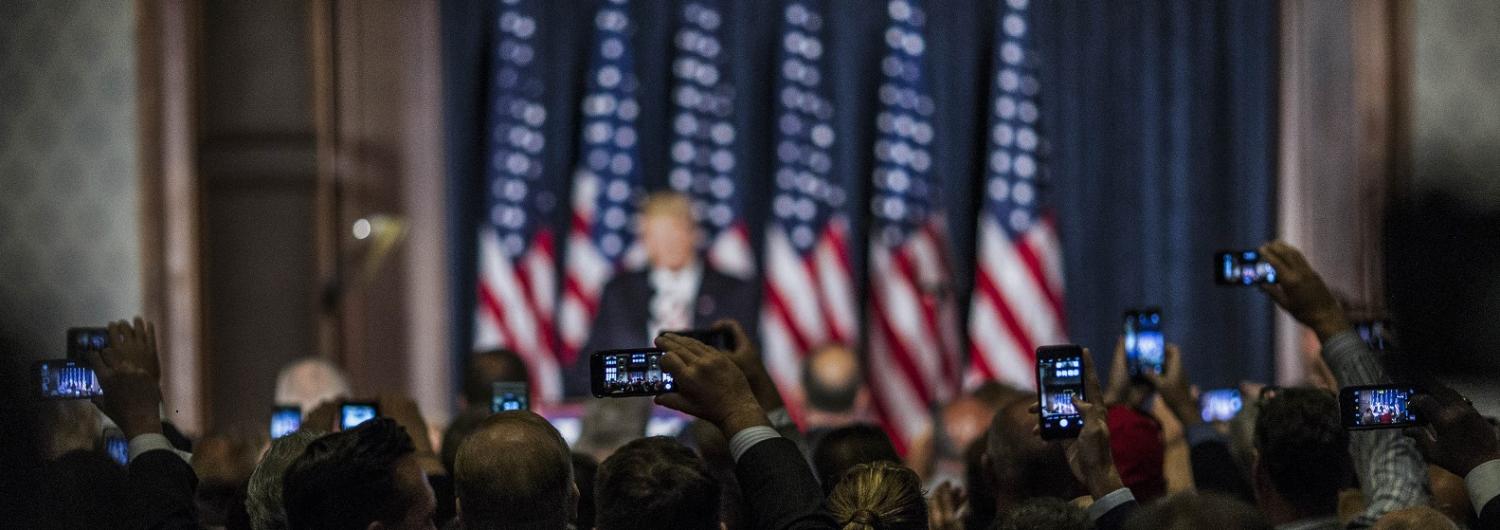The brief congratulatory phone call between President-elect Donald Trump and President Tsai Ing-wen, two democratically elected leaders, has triggered a veritable tsunami of reaction globally, much of it negative and hand-wringing.
Bob Carr, director of the Australia-China Relations Institute (and a former Australian foreign minister), for example, spoke of the risk of inaugurating a ‘cold war between the US and China' and declared:
That would be utterly, utterly unnecessary. It is something that the world does not need, nor American security require.
The fact that such a pro-forma requirement of international diplomacy caused such consternation is odd and worrying. This oddness (and the fact that it is not viewed as odd but as normal and necessary) reflects how much the Asia-Pacific security order is based on the tension between the exceptional approaches that most states, including Australia, take to the United States and China.
As for the US, most states’ grand strategy and resulting foreign and security policies assume, and support, comprehensive continuity in how the US defines its strategic interests in East Asia and the resulting policy approaches to these interests. President Obama’s rebalance policy sought to reassure the validity of this assumption in the face of growing Chinese power and assertiveness.
President-elect Trump’s campaign rhetoric raised fears that the US alliance system will not be a constant but contingent. The Trump-Tsai call has raised similar fears about the US’ acceptance of a ‘One China’ policy. The call suggests that President-elect Trump finds it odd and unnecessary for the Chinese Communist Party to pre-determine who he should accept congratulations from and which fellow democratically elected leaders he should shun.
As for China, all states in the region have adopted a 'One China' policy - which leaves Taiwan and its 23 million plus people in inter-state purgatory - as a pre-requisite for any type of diplomatic relationship with China. The majority of nations are hesitant to take any actions (like accepting a phone call) that could be deemed by Beijing as not adhering to its interpretation of what other states’ ‘One China’ policies should entail. No other state, including the US, insists on any similar pre-requisite.
The longer Taiwan remains a de facto state and a vibrant, socially progressive democracy, and the more Taiwan’s people see themselves as separate from China, the more incongruous continued adherence to this ‘One China’ policy becomes, particularly for states (and analysts) that pride themselves for upholding liberal democratic principles.
Photo: John Taggart/Bloomberg via Getty Images

